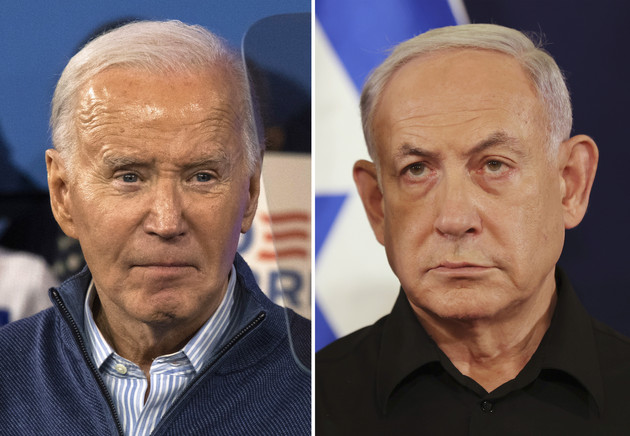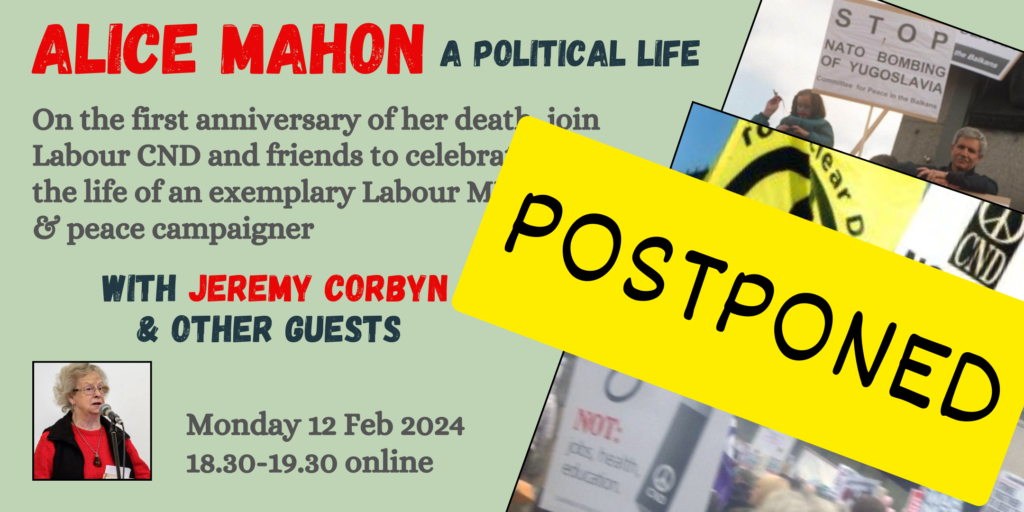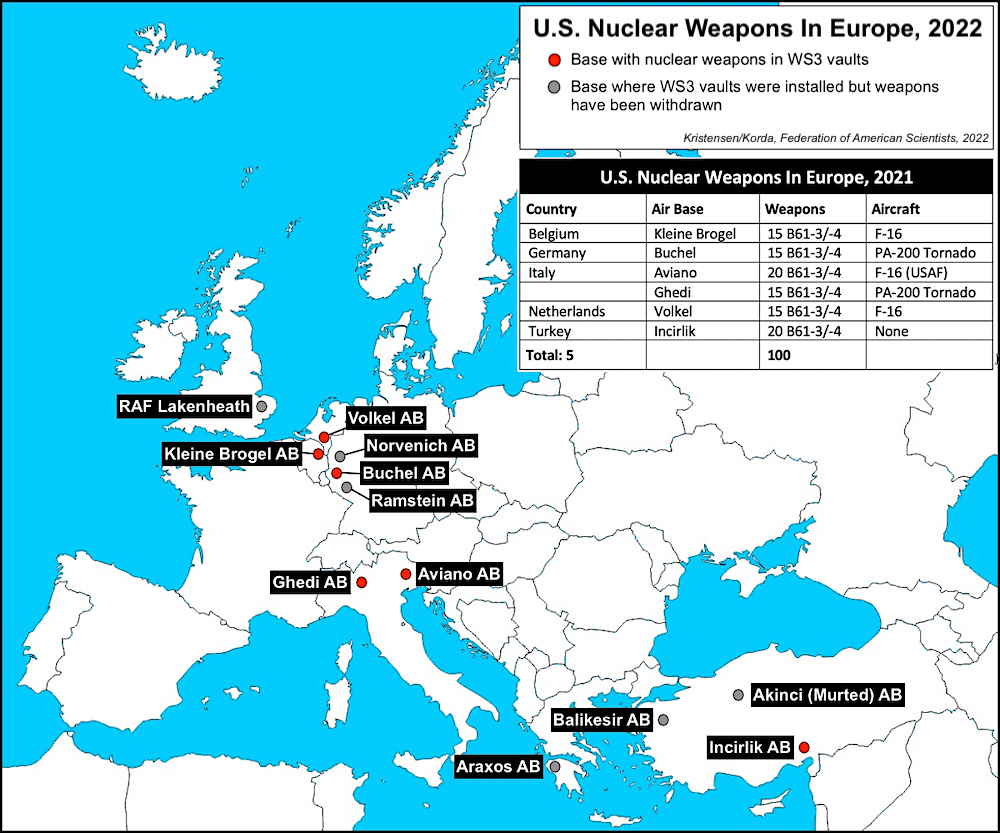
Carol Turner traces the shift in US-Israel relations which led to the first ceasefire resolution from the UN in six months, and asks what it might mean for Gaza
On 25 March the UN Security Council adopted Resolution 2728 (2024) by 14 votes for, including the UK, and 1 abstention by the United States. The UNSC resolution demands ‘an immediate ceasefire for the month of Ramadan’ and ‘the lifting of all barriers to the provision of humanitarian assistance at scale, in line with international humanitarian law’.
Israel immediately announced it would not comply with the resolution, and Prime Minister Benjamin Netanyahu cancelled a scheduled trip to the US by his senior advisers. The Israeli Foreign Minister, Israel Katz, tweeted: ‘We will destroy Hamas and continue to fight until the last of the hostages returns home.’
The current strain in relations between Israel and the US, which have led to the first successful ceasefire resolution in six months, emerged into the open in December when Prime Minister Benjamin Netanyahu announced plans for his military operation in Rafah. The US insists this is ‘a major mistake’. But diplomatic efforts to change Netanyahu’s direction have so far failed to achieve results.
Rafah: a shift in US-Israel relations
Rafah not only marks a new and brutal phase in Israel’s war on Gaza, it also represents a significant shift in US relations with the Netanyahu government. It does not, however, signal a fundamental break in the United States relations with Israel. Nor is it the first sign of tensions between Israel and the US over Gaza.
An intelligence report, the Annual Threat Assessment 2024 of the US Intelligence Community – released on 5 February this year but prepared over months before recent tensions emerged – predicts that Israel will struggle to achieve its goal of destroying Hamas. The report expresses concern that Netanyahu’s right wing coalition ‘may be in jeopardy’, and poses the possibility of ‘a different, more moderate government’ in Israel.
The following exchanges (mostly taken from New York Times reports) trace the path to the United States abstention on UNSC resolution 2728:
US pressure on Netanyahu
9 March: President Joe Biden said Netanyahu was ‘hurting Israel more than helping Israel’.
10 March: in an interview with Politico US, Netanyahu dismissed Biden’s comment saying the ‘overwhelming majority’ of Israelis agree with his, Netanyahu’s policies.
14 March: Democratic Senator Chuck Schumer, majority Senate leader and described as the most senior Jewish elected official in the US called for elections to replace Netanyahu. He said Netanyahu’s ‘political survival [was] taking precedence over the best interests of Israel’.
15 March: Biden confirmed the White House had been given notice of Schumer’s speech: ‘He made a good speech, and I think he expressed serious concern shared not only by him, but by many Americans.’
15 March: Israeli politicians were divided. Yair Lapid, leader of Israel’s opposition since January 2023 and founder of Yesh Atid, described as a centrist, liberal Zionist party, welcomed Schumer’s comments. He said ‘Netanyahu is causing heavy damage to the national effort to win the war and preserve Israel’s security. War cabinet member Benny Ganz tweeted that Schumer ‘erred in his remark’ saying ‘external intervention is not correct and not welcome’.
Should Biden be unable to persuade Netanyahu to change course, the intelligence report together with the political comments and exchanges cited above suggest that the US is willing to publicly encourage a change of government in Israel. This is further confirmed elsewhere.
Gina Abercrombie-Winstanley, President of the Middle East Policy Council and a former US Ambassador to Malta told BBC Newsnight, Schumer was known as a staunch ally of Israel and the point of his speech was ‘for it to be noticed by the Israeli people’. Ehud Olmert, speaking on the same programme said ‘every minute that [Netanyahu] is prime minister he is a danger to Israel’ and pointed out ‘a majority of Israelis don’t trust the prime minister’. Olmert is a former Israeli prime minister 2006-09 and Mayor of Jerusalem 1993-2003.
No change of direction for the US
Sadly, this does not reflect a change of heart in relation to Gaza so much as concern that the impact of Netanyahu’s military action in Gaza is significantly undermining international support for Israel and, therefore, acting as a hinderance to US influence in the Middle East.
In an interview with MSNBC, Biden elaborated on his comments that Netanyahu was hurting more than helping Israel. He had, he said, spoken to Saudi Arabia, Egypt, Jordan, and they are ‘all fully willing to recognise Israel and begin to rebuild the region’.
It is not yet clear that the events of the past week will lead either to a change of policy on humanitarian aid to Gaza and the collective punishment of Palestinians in the Occupied Territories, or to a change of government in Israel.
Despite Netanyahu’s personal unpopularity in Israel and the differences that exist in the Knesset, all the political parties share an over-arching goal – that of protecting the existence of the state of Israel. So far this has meant the Knesset is unwilling to distance itself from Netanyahu’s military strategy, even though some politicians are critical of the details.
This is the fundamental roadblock Biden is facing.
Carol Turner is Coordinator of CND ‘s International Advisory Group. This article first appeared as an IAG Information Paper for CND’s National Council



